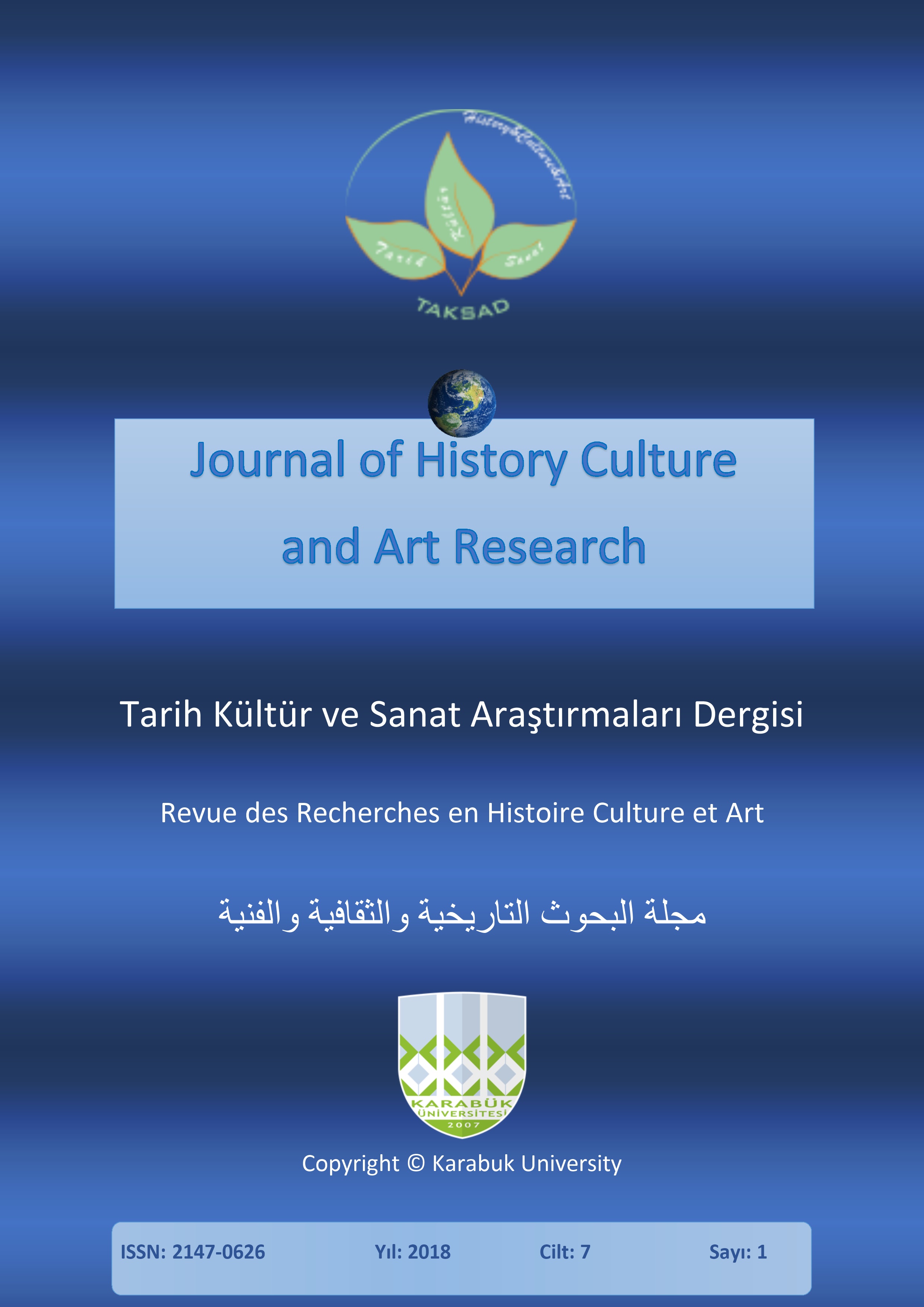Russian Federation Scientific Adaptation Programs to the Market Economy and the Results of Their Implementation
DOI:
https://doi.org/10.7596/taksad.v7i1.1443Keywords:
Modernization, Scientific sphere, State policy, Transition to the market.Abstract
Various conceptual approaches to Russian Federation scientific sphere reforming and its adaptation to market conditions are analyzed on the basis of previously unpublished archival documents, statistical data and other materials; they assess the reaction of the academic community and the heads of large enterprises to the activities carried out by the government in the framework of developed program implementation. The conclusion is drawn that the results of the policy carried out during 1990s in Russian science are catastrophic ones in general. The country developed a fundamental contradiction between the purpose of science and the practical use of its achievements to overcome the crisis. The projects and recommendations of leading scientists were ignored. The programs were declarative ones, funding was reduced sharply, which led to the intensification of the "brain drain" process, the disintegration of scientific schools, and the degradation of production.
References
Archive of the State Duma at the Federal Assembly of Russian Federation (Archive of the SD at FA of RF). F. 10100. Inv. 2. C. 703-704.
Bodrova, E. V. & Golovanova, N. B. (2017). Modernization of the higher technical school: historical experience and modernity. Moscow Technological University Russian technological journal, 5(6), 73-97.
Bodrova, E. V. & Kalinov, V. V. (2017). Reformation of the Scientific and Technical Sphere in the Russian Federation in the "Transition Period": Plans and Reality in 1990s. Journal of History Culture and Art Research, 6(5), Special Issue on Russian Studies, 192-199. DOI: http://dx.doi.org/10.7596/taksad.v6i5.1268.
Bodrova, E. V. & Kalinov, V. V. (2017). Technological lag as the factor of the USSR collapse and the challenge for modern Russia. Moscow: MAORI.
Bodrova, E. V. & Kashkin, E. V. (2017). Technological lag as the factor of the USSR collapse. Moscow Technological University Russian technological journal, 3(5), 189-202.
Dezhina, I. G. & Kiseleva, V. V. (2008). State, science and business in the innovation system of Russia. Moscow.
Eisenstadt, S. (1999). Revolution and transformation of societies: Comparative study of civilizations. Moscow.
Independent Newspaper (February 8, 2010). The lack of demand for science - a threat to the country security.
Independent Newspaper (March 28, September 18, 1998; February 1, 1996).
Kodin, M. I. (2002). Theoretical and methodological problems of social-economic and social-political transformations in Russia during the late 20th century, 1990-2000. Moscow, 2002.
Osipov, G. V. (1999). Reforming of Russia: results and prospects. Social trajectory of the reformed Russia. Novosibirsk.
Plimak, E. G. & Pantin, I. K. (2000). The drama of Russian reforms and revolutions. Moscow.
Poberezhnikov, I. V. (2002). Modernization: theoretical and methodological approaches. Review / Ed. by L. I. Borodkin. Economic history, 8, 155-158. Moscow.
Rostow, W. W. (1960). The Stages of Economic Growth. A Non Communist Manifesto. Cambridge.
Rostow, W. W. (1971). Politics and the Stages of Growth. Cambridge.
Sogrin, V. V. (2001). Political history of modern Russia. 1985-2001: from Gorbachev to Putin. Moscow.
State Archive of Russian Federation (SARF). F.10265. Inv.1 C.53-55.
Tsapenko, I. P. & Yurevich, A. V. (1995). Science in decrease. World economy and international relations, 2, 1-17. Moscow.
Turen, A. (1998). The return of an acting person: the essay of sociology. Moscow.
Varshavsky, A. E. & Sirotkin, O. S. (1999). Problems of Russian Science. The way to the 21st century (Strategic problems and prospects of Russian economy). Ed. by S. S. Lvov. Moscow.
Downloads
Published
How to Cite
Issue
Section
License
All papers licensed under Creative Commons 4.0 CC-BY.- Share — copy and redistribute the material in any medium or format
- Adapt — remix, transform, and build upon the material for any purpose, even commercially.
Under the following terms:
Attribution — You must give appropriate credit, provide a link to the license, and indicate if changes were made. You may do so in any reasonable manner, but not in any way that suggests the licensor endorses you or your use.
- No additional restrictions — You may not apply legal terms or technological measures that legally restrict others from doing anything the license permits.







